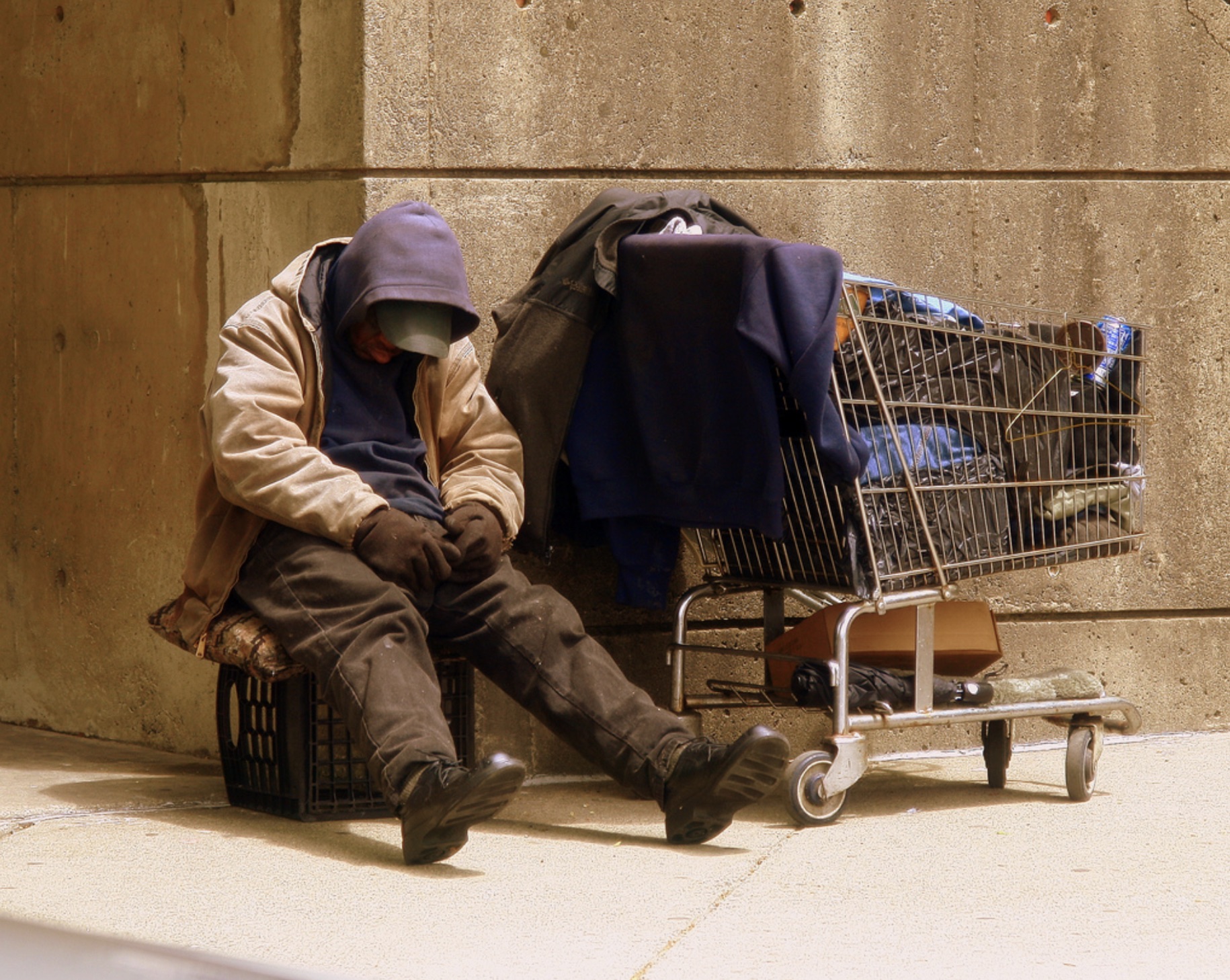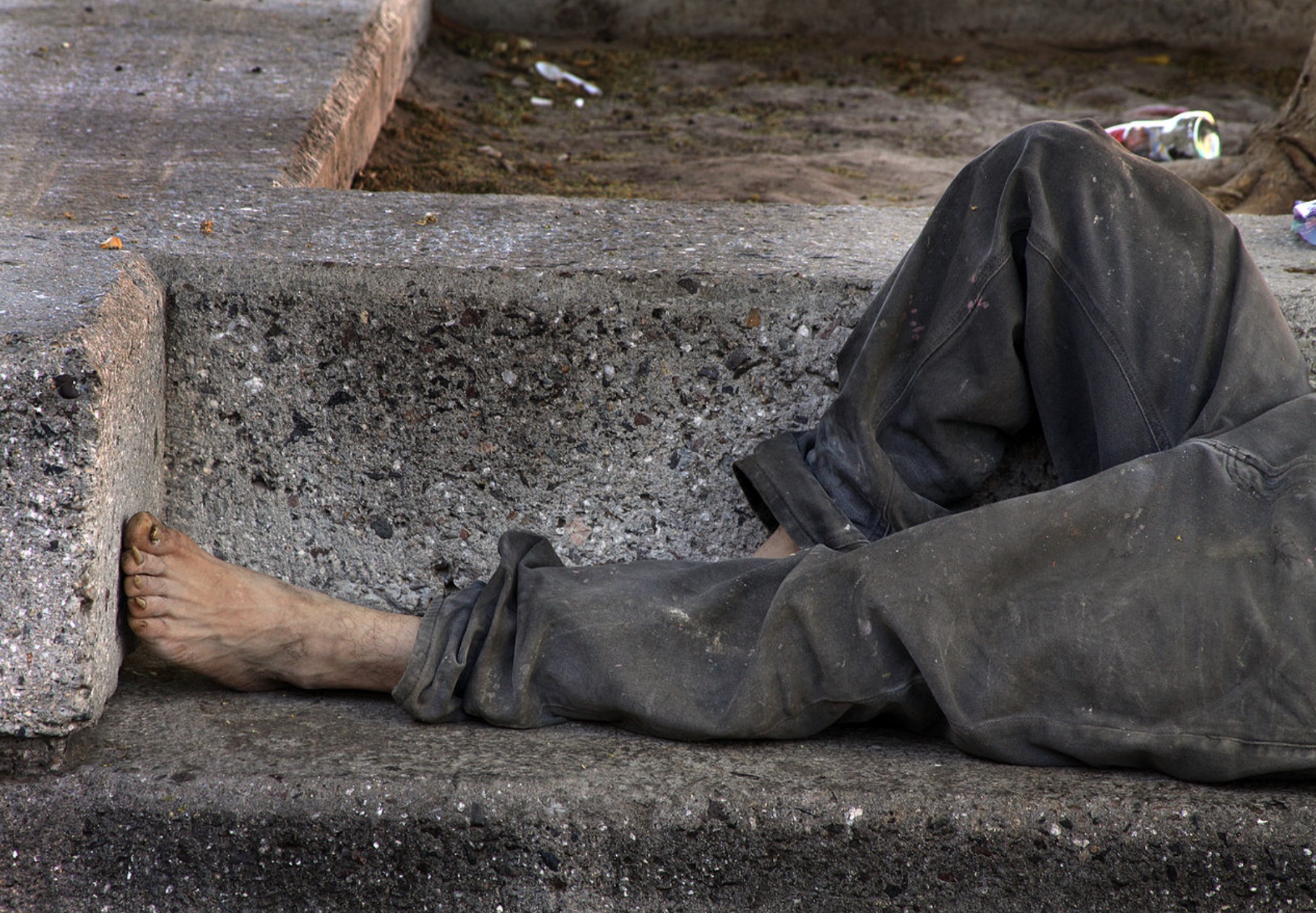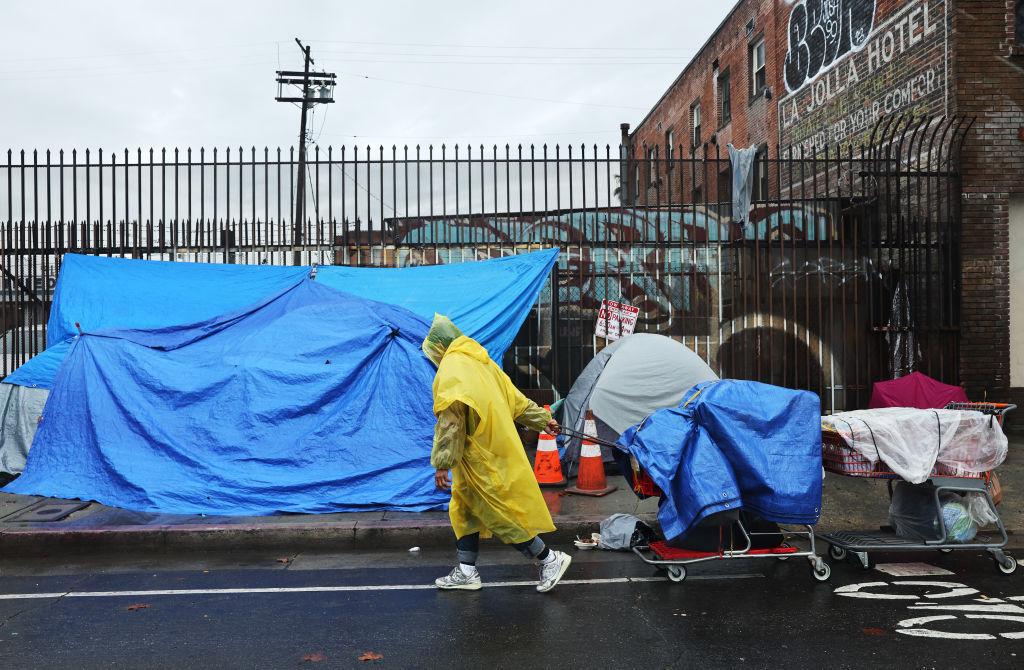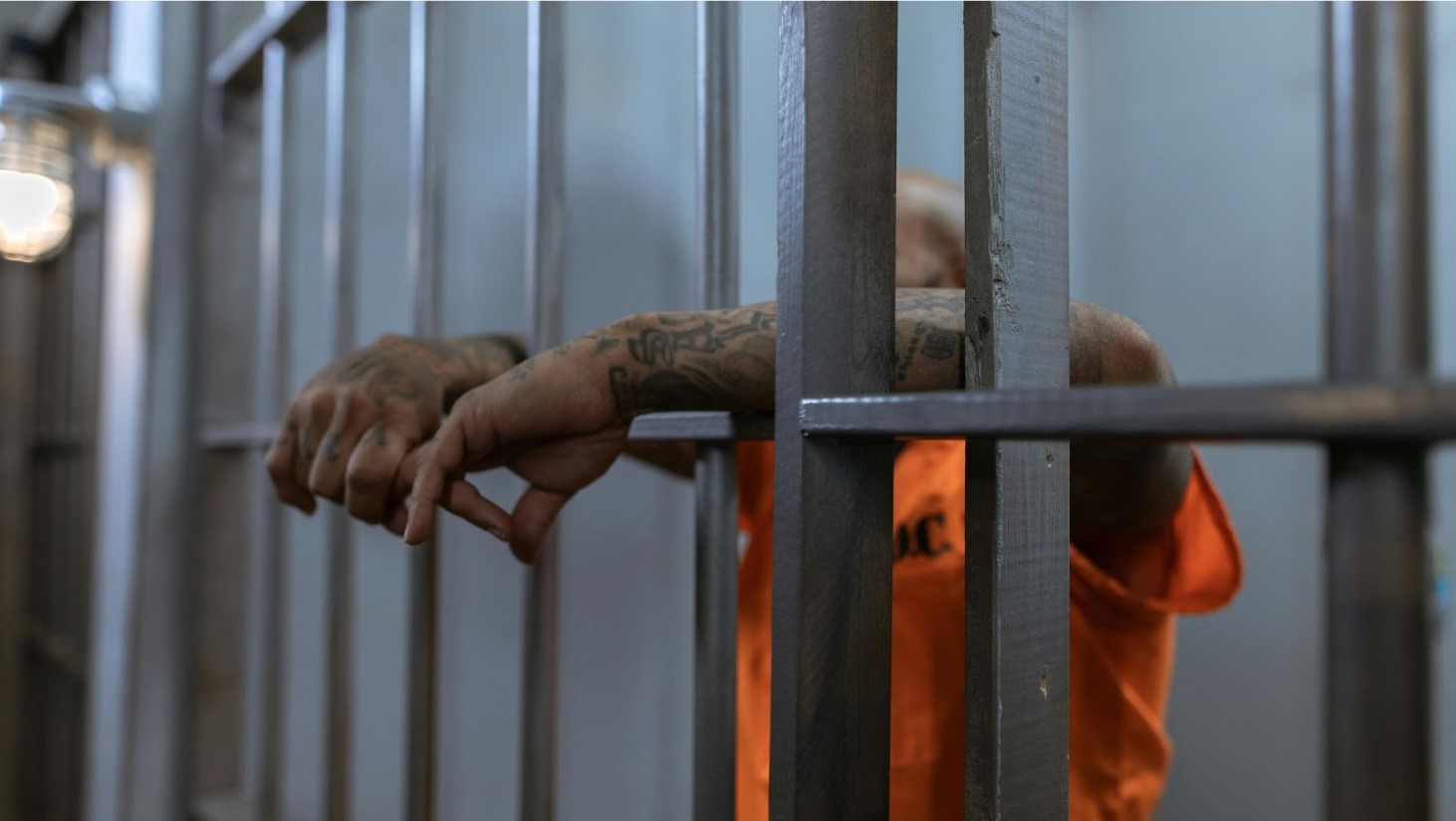Voter Initiative Seeks to Tackle Crime and Addiction in California
In November, California voters will decide on a significant measure aimed at addressing crime and addiction. The proposed initiative, called the Homelessness, Drug Addiction, and Theft Reduction Act, seeks to reform Proposition 47, a law blamed for increasing theft and other crimes.
The initiative promises tougher penalties for drug and theft offenses and support for homeless individuals with mental health and addiction issues.
Background on Proposition 47
Passed in 2014, Proposition 47 downgraded many non-violent crimes, such as drug possession and property crimes under $950, to misdemeanors. While the law aimed to reduce prison populations, critics argue it led to a surge in theft and other crimes.

Source: Freepik
Now, voters have a chance to amend this law and address its unintended consequences.
Key Provisions of the New Initiative
The Homelessness, Drug Addiction, and Theft Reduction Act includes several key changes. Judges would gain the ability to send drug traffickers to state prison instead of county jail.

Source: Wikimedia
Enhanced penalties for fentanyl dealers and stricter consequences for repeat theft offenders are also proposed. This initiative seeks to balance tougher penalties with support for vulnerable populations.
Enhanced Penalties for Drug Offenses
One of the initiative’s primary goals is to combat the fentanyl crisis. If passed, the law would impose harsher penalties on fentanyl dealers, including possible murder charges if their drugs cause death.

Source: Wikimedia
This provision, known as Alexandra’s Law, aims to deter dealers and save lives by emphasizing the severe consequences of their actions.
Addressing Repeat Theft Offenders
The initiative targets repeat theft offenders with a three-strikes rule. Individuals with two prior theft convictions could face felony charges for any subsequent theft, regardless of the stolen property’s value.

Source: Kindel Media/Pexels
This measure aims to reduce repeat offenses and enhance public safety by keeping habitual thieves off the streets.
Tackling "Smash and Grab" Thefts
The initiative also introduces new laws to address “smash and grab” thefts. These crimes involve coordinated efforts by multiple individuals to cause significant loss or damage.

Source: Pexaby/Pexels
By imposing stricter penalties, the measure aims to curb organized retail crime and protect businesses from these costly and disruptive incidents.
Support for Homeless Individuals
In addition to tougher penalties, the initiative includes provisions to help homeless individuals struggling with mental health and addiction.

Source: Mario Tama/Getty Images
It proposes increased access to rehabilitation and treatment programs, aiming to provide support and resources to those in need. This dual approach seeks to address the root causes of crime and addiction.
Legislative Leaders' Concerns
Democratic leaders in California have expressed concerns about potential conflicts between the initiative and existing public safety legislation.

Source: Shutterstock
Assembly Speaker Robert Rivas and Senate Pro Tempore Mike McGuire worry that passing both could create conflicting policies. They argue that careful consideration is needed to ensure a cohesive approach to public safety.
The Public Safety Legislative Package
California’s public safety legislative package includes a variety of bills targeting organized retail theft and enhancing penalties for high-value thefts.

Source: Scott Rodgerson/Unsplash
Measures like AB 2943 and AB 1794 aim to create new crimes and reporting systems for retail theft. This comprehensive package reflects a multi-faceted approach to tackling crime in the state.
Potential Impact on Mass Incarceration
Critics of the initiative warn that it could lead to increased incarceration rates. Democratic leaders emphasize their concern that reverting to harsher penalties may return California to an era of mass incarceration.

Source: RDNE Stock Project/Pexels
Balancing public safety with criminal justice reform remains a critical challenge for lawmakers and voters alike.
The Role of Rehabilitation and Treatment
Proponents of the initiative highlight its focus on rehabilitation and treatment. By providing support for individuals struggling with addiction and mental health issues, the measure aims to address underlying causes of crime.

Source: Matthis Volquardsen/Pexels
This approach seeks to reduce recidivism and promote long-term recovery and stability.
Voters' Decision in November
As the November election approaches, California voters face an important decision. The outcome of this ballot measure could reshape the state’s approach to crime, addiction, and public safety.

Source: Freepik
By balancing tougher penalties with support for vulnerable populations, the initiative aims to create a safer and more just California for all.
